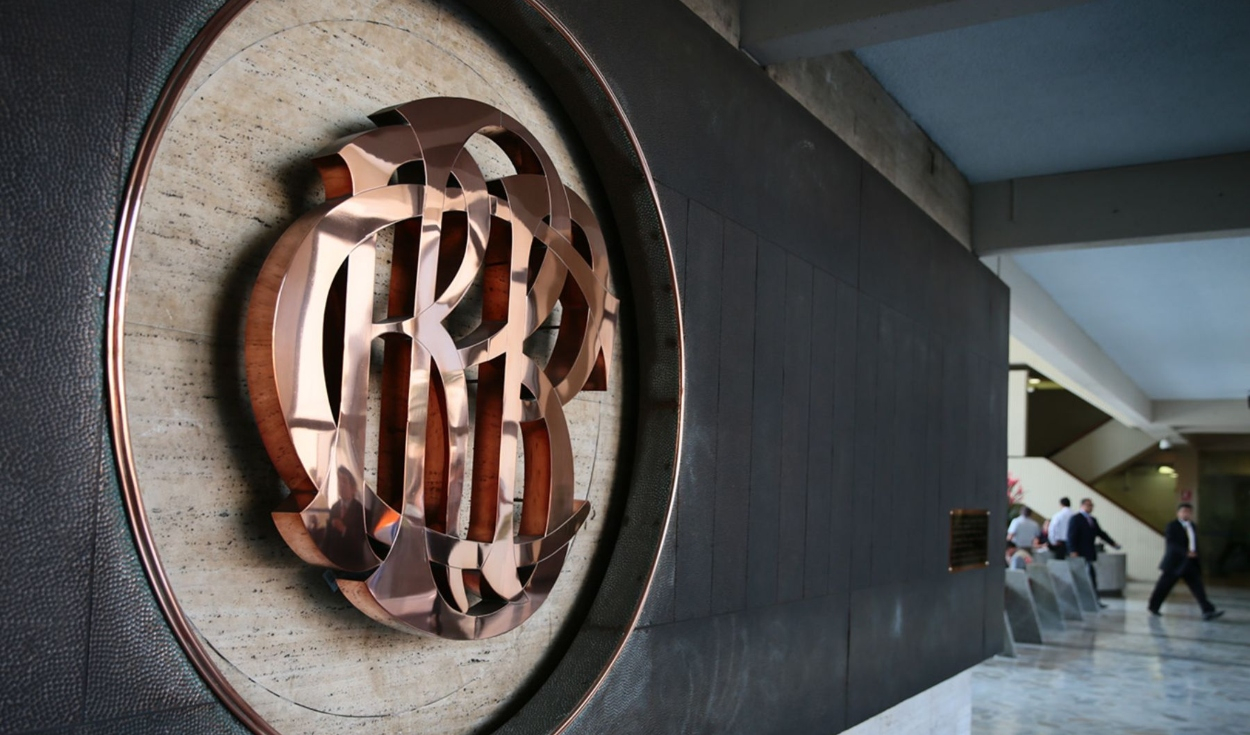
The Central Reserve Bank of Peru (BCRP) announced that the fiscal deficit annualized to January has been equivalent to 3.7% of the internal gross product (GDP), that is, slightly higher than the closing of 2024 when it was 3 , 6%. This preliminary result is explained by the increase in non -financial spending of the national government.
Through its latest weekly report, the BCRP He also explained that this rise was produced by a higher level of capital expenses in the three powers of the State. In addition, the increase in current expenses was less magnitude in the three items that integrate it: remuneration, goods and services, as well as transfers.
During the first month of the year, the non -financial public sector would reach an economic surplus of S/3,014 million, lower than that registered in December last year, which was S/5,009 million. This result is attributed centrally by the increase in non -financial expenses of the general government, although it is partially compensated by the increase in current income.
Precisely, these profits increased in January for eighth consecutive month due to the rise in tax collection. In the same way, he highlighted the greatest income for the IGV, both internally and imports, as well as income tax, especially of non -domiciled legal persons.
Finally, higher income from fines and amnesty and regularization processes were recorded. This growth has been favored by the expansion of economic activity, positive export prices, implemented tax policies and control actions.
Risks of new non -compliance with the fiscal deficit
According to CREDICORP CAPITALthe fiscal deficit will improve this year, but the rule will be breached again for the third consecutive time. And although they score a correction of one point, from 3.6% to 2.6% of GDP, due to the greater activity of mining companies, the projections suggest that the new “ceiling” of 2.2% will not be respected.
Recall that Alonso Segura explained to this medium, that in this year there will be a reduction of the fiscal deficit for the record price of raw materials and a temporary increase in collection due to extraordinary payments of companies in the sector. However, this improvement is transitory and does not guarantee compliance with the fiscal rule.
“To achieve the goal, a greater effort in income generation and its savings or an effective reduction of public spending would be required. The problem has not been the fiscal rule itself, but the lack of will of different actors to fulfill it. In 2024, The fiscal rule was modified to adjust it to a 2.8%deficit, but still breached and closed at 3.6%. , nor in such a great magnitude since its implementation in 2000 “; He said.
Source: Larepublica
Alia is a professional author and journalist, working at 247 news agency. She writes on various topics from economy news to general interest pieces, providing readers with relevant and informative content. With years of experience, she brings a unique perspective and in-depth analysis to her work.












